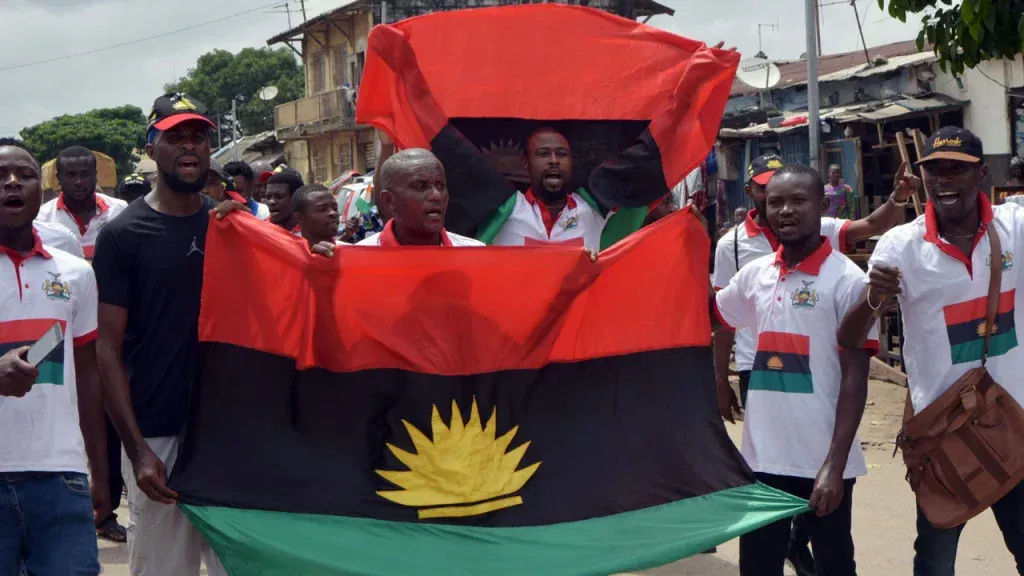The Nigeria Union of Petroleum and Natural Gas Workers (NUPENG) has issued a warning of potential fuel scarcity across Nigeria due to an impending strike. The union has called on its members to cease work and stop loading petroleum products starting Monday, September 8. This decision comes amid allegations of anti-labour practices by the management of Dangote Refinery, specifically regarding the treatment of drivers recruited for its Compressed Natural Gas (CNG) truck operations.
According to a statement jointly signed by NUPENG President Williams Akporeha and General Secretary Afolabi Olawale, the union takes issue with the refinery’s stance on union membership. Dangote Refinery Chairman Aliko Dangote has reportedly stated that drivers will not be allowed to join any trade union, a position NUPENG views as a breach of the right to association guaranteed under the 1999 Constitution and relevant international labour laws.
NUPENG is urging the Nigerian Midstream & Downstream Petroleum Authority to intervene, citing the Authority’s powers under the Petroleum Industry Act (PIA) to promote competition and prevent abuse of dominant positions. The union notes that Nigeria has ratified the International Labour Organisation’s Convention No. 87, which protects the right to freedom of association and union membership.
The union’s statement emphasizes that any attempt to deprive workers of their right to association is unconstitutional and calls on the Federal Government and its agencies to address the issue. NUPENG has reiterated its readiness to mobilize its forces to defend the rights of its members within the framework of the law.
The potential strike and resulting fuel scarcity could have significant implications for Nigeria’s economy and citizens. As the situation develops, it remains to be seen how the government and Dangote Refinery will respond to NUPENG’s demands. The union’s actions underscore the importance of protecting workers’ rights and promoting fair labour practices in the petroleum industry. With the strike set to begin on September 8, the coming days will be crucial in resolving the dispute and avoiding disruptions to Nigeria’s fuel supply.



